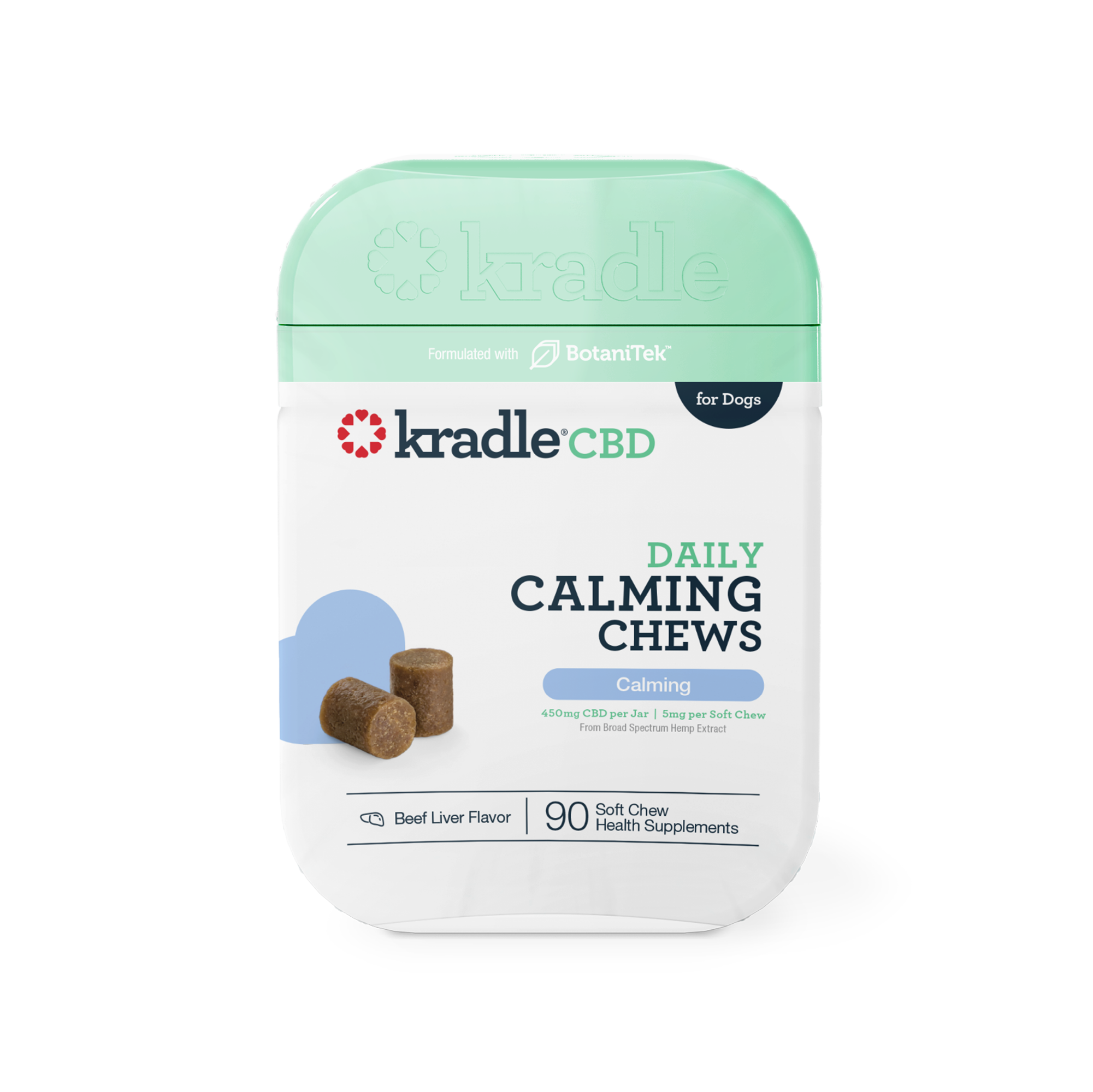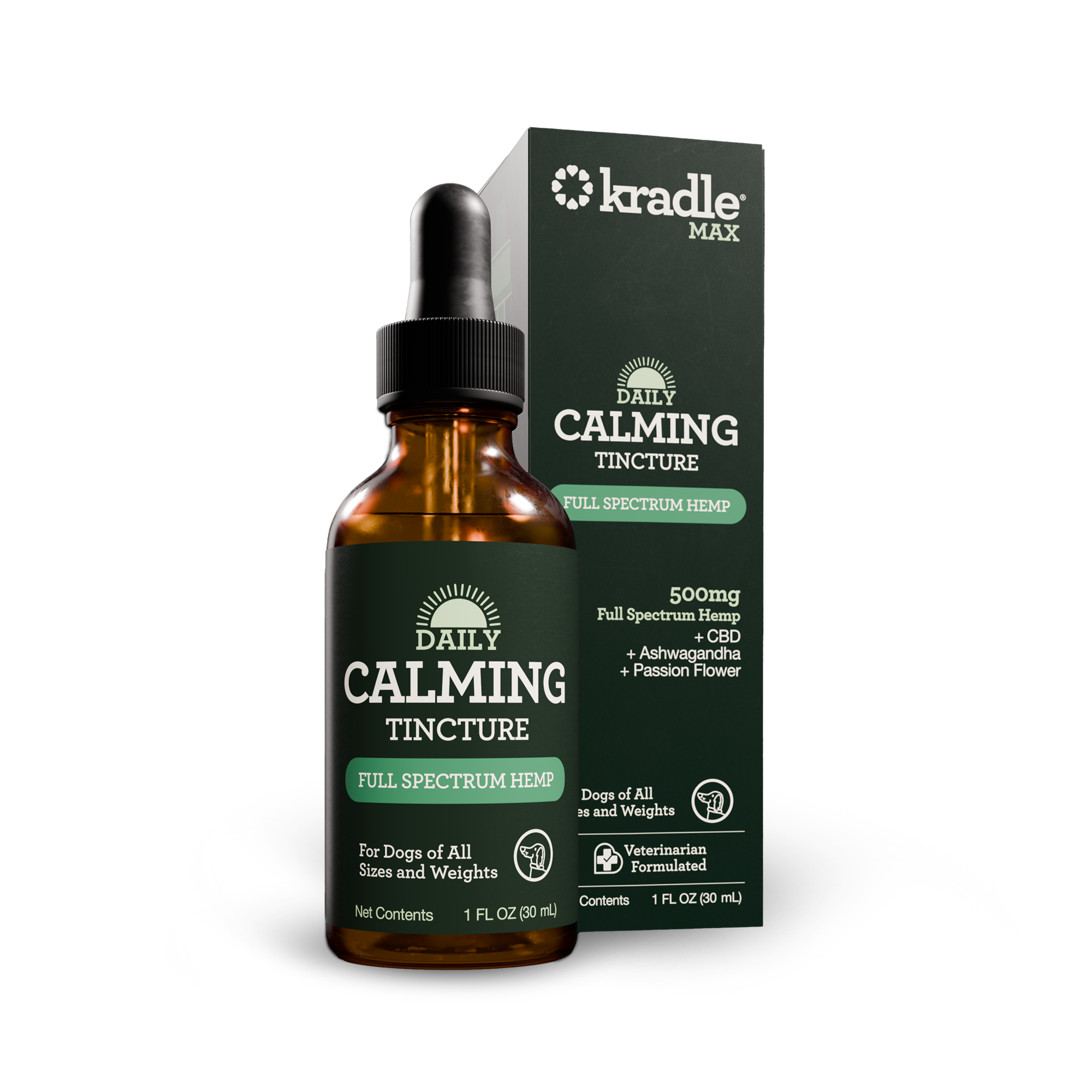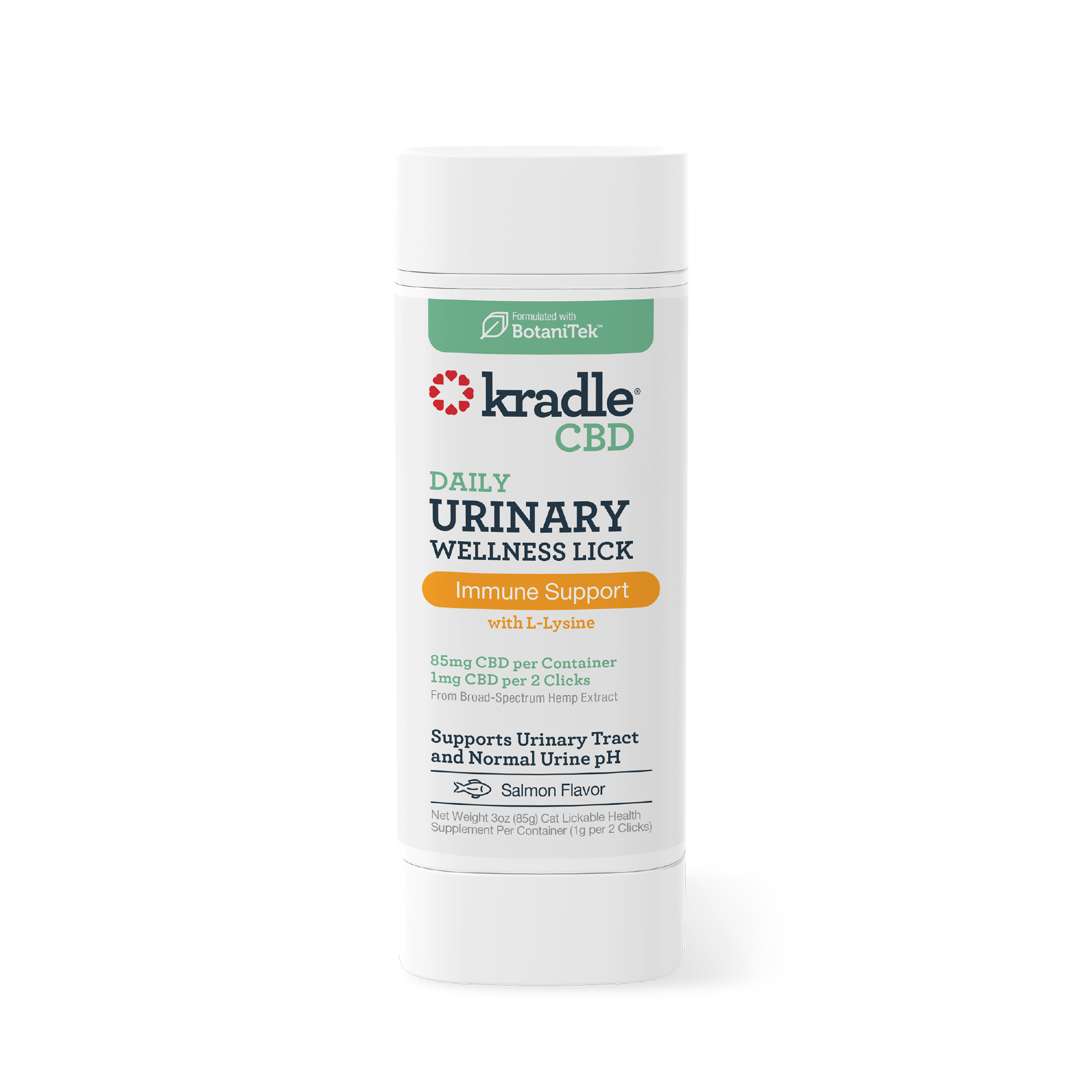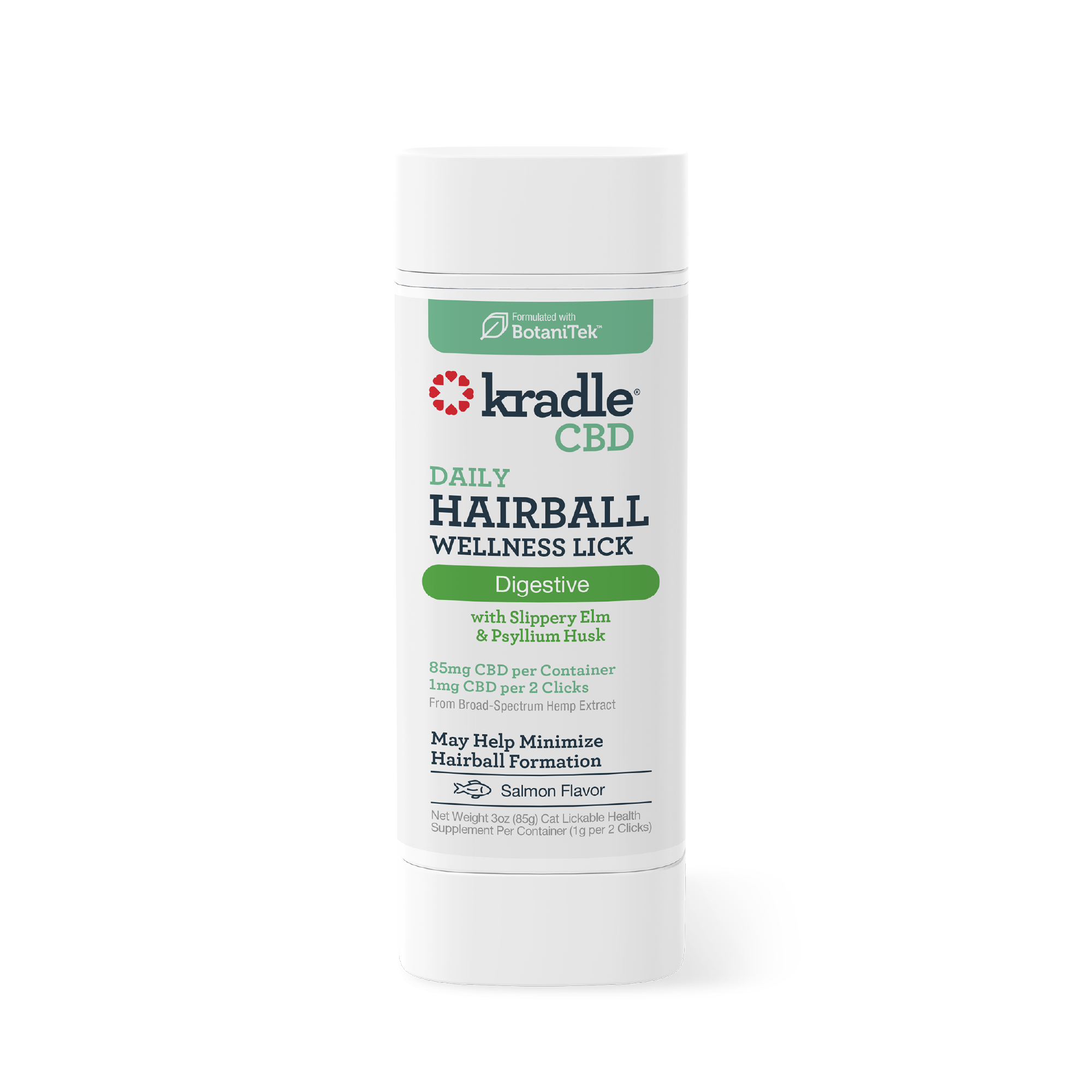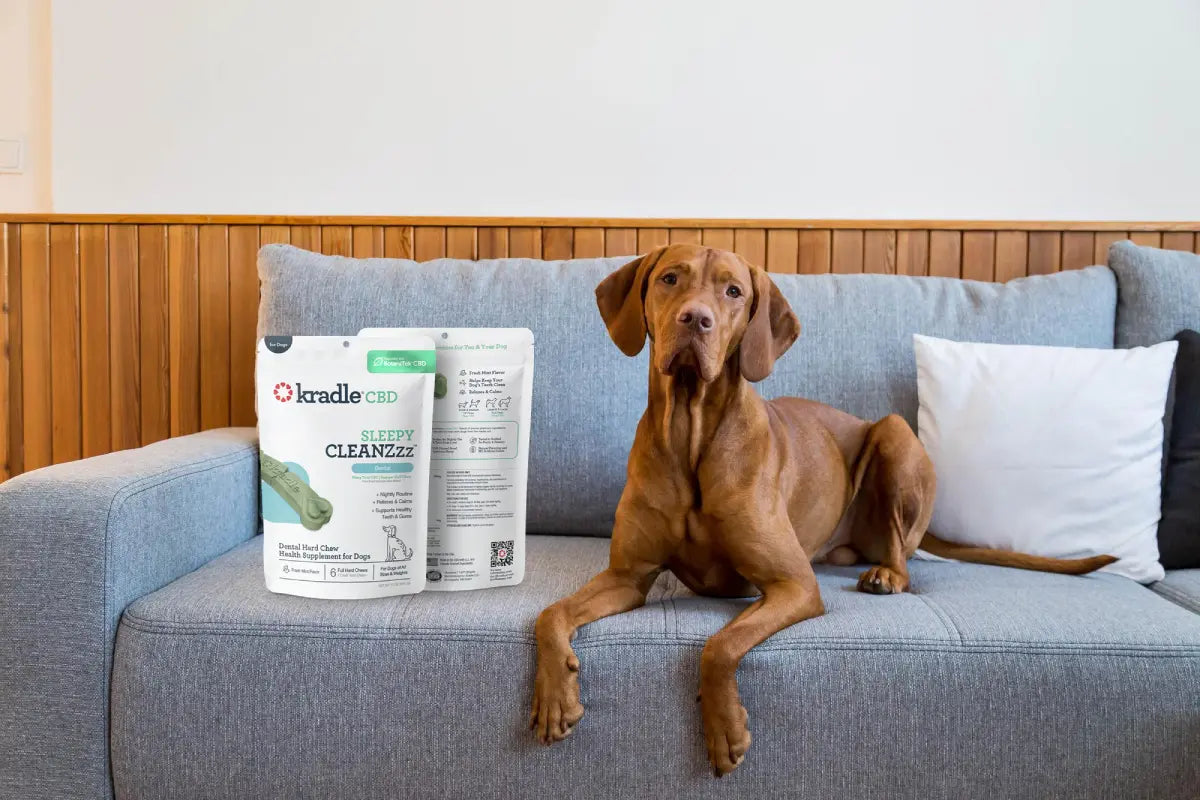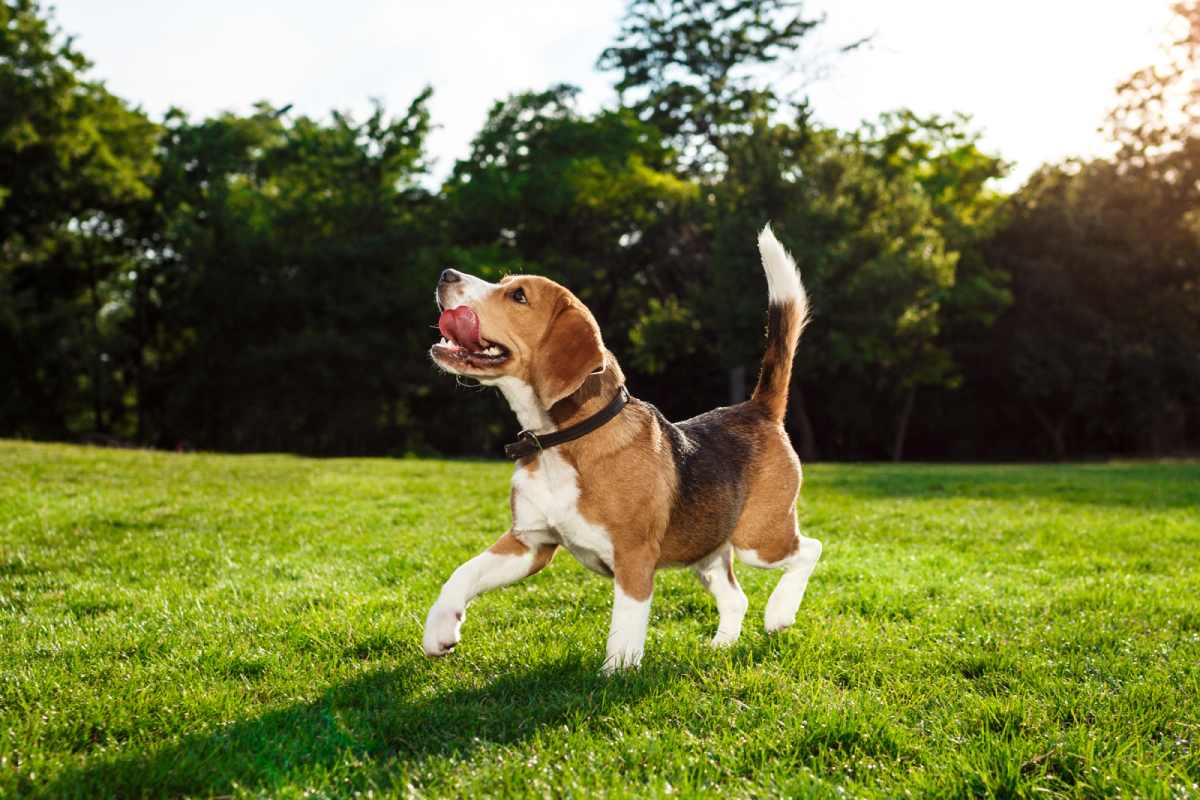
How to Improve Your Dog’s Digestion Naturally
Have you ever watched your dog do something odd, like circle their bed three times, then lie down with a grunt, and know something’s not right? That’s how it starts—a small change.
And then, before you know it, you’re spiraling through internet forums at 11 p.m. trying to figure out if yogurt is a good idea or a terrible one.
The truth is that dogs don’t give us obvious signs when their digestion is off. They’re not going to whine every time they feel uncomfortable. But their body does try to tell us. We just have to be tuned in.
If you're here, it probably means your dog has had some stomach stuff going on. You're not alone. Most of us miss the early signs.
The good news? You don’t need a complicated plan to help- a little knowledge, a few adjustments, and a bit of patience. Let’s get into it.
Why Dog Gut Health Matters
Most people hear “gut” and think poop, which is fair. But your dog’s digestive system does a lot more than handle food. It keeps their immune system humming, affects their skin, regulates their energy, and even influences their level of calmness or reactivity.
Roughly 70% of a dog’s immune defenses live in their gut. That means if their microbiome (the balance of bacteria inside them) is off, they’re more likely to get sick, itchy, or stressed out.
And here's the part no one talks about: gut bacteria also help produce mood-regulating chemicals like serotonin. So if your dog suddenly seems a little down, wired, clingy, or "off," it could be their belly, not their brain.
Supporting dog gut health isn’t just about digestion. It’s about giving your pup a stable foundation for everything else to function well. You’re not just helping them poop better; you’re helping them live better.
Signs of Poor Gut Health in Dog
Most of us don’t notice until it becomes hard to ignore. It’s not like your dog’s going to hold up a sign that says, “My gut’s out of whack.” But there are patterns, things we start picking up when we’ve lived with them long enough.
Recurring Diarrhea or Constipation
One or two weird poops? No big deal. Happens. But if you’re noticing that your dog swings between soft stools and straining, there’s a chance their digestion isn’t proper. The balance of bacteria might be off.
Gas, Bloating, or Gurgling Sounds
We sometimes laugh when our dog’s belly gurgles like an old washing machine. Until we realize it isn’t funny, it's a sign that something isn’t right. Gas, bloating, and shifting after meals? That’s their gut asking for help.
Bad Breath or Skin Flares
Smelly breath can mean dental stuff, sure. But it can also come from poor digestion. Same with skin issues—itchiness, hot spots, weird rashes. When things aren’t being filtered out efficiently, they show up on the outside.
Moodiness or Fatigue
If they’re slower to get up, avoid playing, or seem just a little more anxious, don’t write it off as age. A sluggish gut can leave your dog feeling off in ways we might not tie to digestion but should.
How to Improve Dog Gut Health
No need for extreme measures. Most dogs respond well to small, consistent shifts. Think of it as rebalancing their internal ecosystem, not flipping their whole world upside down.
Probiotics and Prebiotics
This combo is magic. Probiotics are those helpful bacteria that support digestion. Prebiotics are the food that helps them thrive.
If your dog’s belly has been acting up after antibiotics, stress, or just a weird food reaction, adding probiotics for dog gut health can start resetting things. Look for dog-specific strains, and don’t expect instant results. Give it a few weeks of consistency. This is one of the best ways to support dog gut health naturally and gently over time.
Add Digestive Enzymes
Even healthy dogs can have trouble breaking down parts of their food, especially if the food’s processed. Enzymes like amylase, protease, and lipase help them actually use what they eat instead of just passing it.
If your dog eats but still seems tired, or gets gassy after meals, enzymes might be missing from the equation.
Avoid Overuse of Antibiotics
We get it. Sometimes they’re necessary. But they don’t just kill the bad stuff—they wipe out the good, too. And that can leave your dog’s gut in chaos.
If your dog has been on antibiotics recently, make restoring their gut a priority. That means rest, water, bland food, and probiotics daily. Their body’s trying to rebuild, don’t rush it.
Best Foods to Support Gut Health in Dogs
Adding a few gut-friendly staples can really help, especially when your dog’s system is struggling.
Here’s what’s works well usually:
-
Pumpkin: Not the sugary pie kind—the plain, unsweetened canned stuff. It’s full of fiber and helps regulate both ends of the poop spectrum.
-
Bone Broth: Hydrating, gentle, and soothing to the digestive tract. Warm it up and pour it over the kibble. Dogs love it.
-
Plain Chicken: Go-to during stomach upsets. Simple, clean protein that won’t aggravate most dogs’ tummies.
-
Kefir: If your dog can handle dairy (some can’t), this is a probiotic powerhouse. Just a spoon or two a day.
-
Sweet Potato: Rich in fiber, vitamins, and easy to mash into food.
-
Chia Seeds: Tiny, but they pack prebiotic fiber and omega-3s. Soak them first so they don’t draw water from your dog’s system.
If you’re wondering how to improve dogs' gut health with simple changes, this list is a great place to begin.
How Kradle’s Products Support Your Dog’s Gut Health
At Kradle, we’ve seen the link between gut health and emotional well-being. When dogs are anxious, digestion suffers. They might eat too fast, skip meals, or get gassy from stress alone. It’s all connected.
That’s why our CBD Products for Pets don’t just help with stress—they also support calmer digestion. A relaxed dog doesn’t just feel better emotionally. Their gut functions better.
If your pup’s been through antibiotics, had a recent stomach bug, or just needs ongoing support, our probiotics for dog gut health offer an easy daily routine. They’re chews, not pills, so dogs don’t need to be bribed into taking them.
For stress-linked tummy issues, our CBD Pre+ Post+ Probiotic Chews work double-duty. They ease nerves and contain ingredients that support digestion. If you’ve been wondering how to help my dogs gut health, this is a simple, calming place to start.
FAQs About Dog Gut Health
What causes poor gut health in dogs?
A lot of things, honestly. Processed food, medication, stress, age, even dirty water. Dogs are resilient, but their gut can get thrown off easily and doesn’t always bounce back without help.
How can I naturally improve my dog’s gut health at home?
Start with food. Add pumpkin, pour in some bone broth, and try probiotics. Go slow. Stay consistent. If you're wondering how to improve dog gut health, don’t overcomplicate it.
What are the best probiotics for dogs?
Ones made for dogs. Not all human probiotics work the same. Look for live cultures, dog-safe strains, and no unnecessary fillers. Chews or powders tend to be easiest for picky eaters.
Can CBD help with gut health in dogs?
Yes, but it’s not a digestive aid like pumpkin or kefir. What CBD does is calm the nervous system. And when dogs feel safe and relaxed, their digestion often follows.
Is yogurt good for dog gut health?
Possibly. If your dog can handle dairy, plain unsweetened yogurt might help a bit. But kefir is usually better as it has more probiotics and is easier to digest. Try a small amount and monitor them.
How long does it take to improve a dog’s gut health?
Some dogs perk up in a few days. Others take weeks. It depends how long the issue has been going on and how consistent the care is. You’ll see the biggest shifts when gut health in dogs is supported daily.
Final Thoughts: When Their Gut Feels Right, They Do Too
You don’t need to panic every time your dog skips a meal. However, if you’ve been watching and wondering if their tummy issues are occurring more frequently, it’s worth paying attention.
Start with one change. Build a rhythm. Watch your dog respond. Because when their gut feels calm, their whole world gets brighter.

